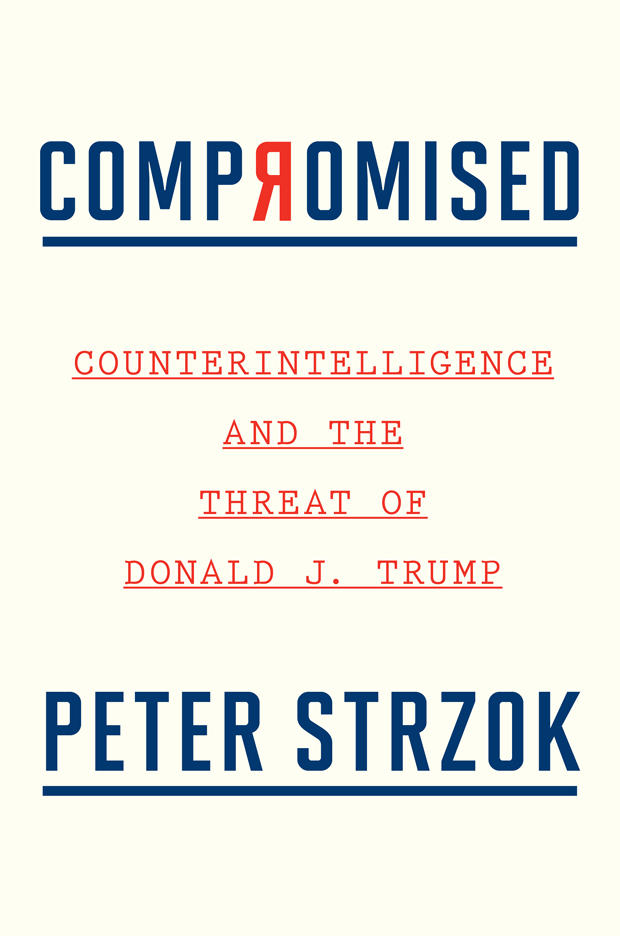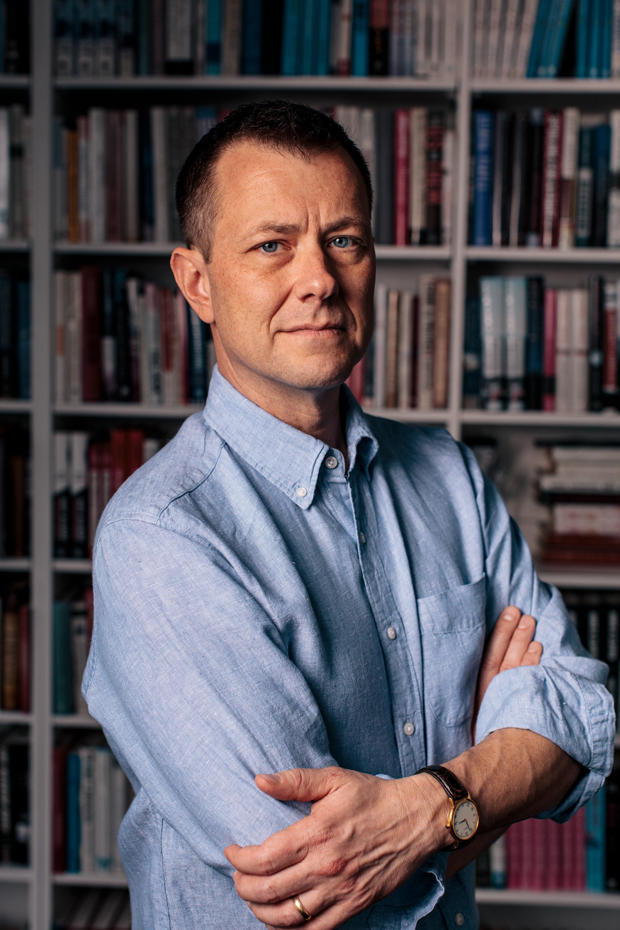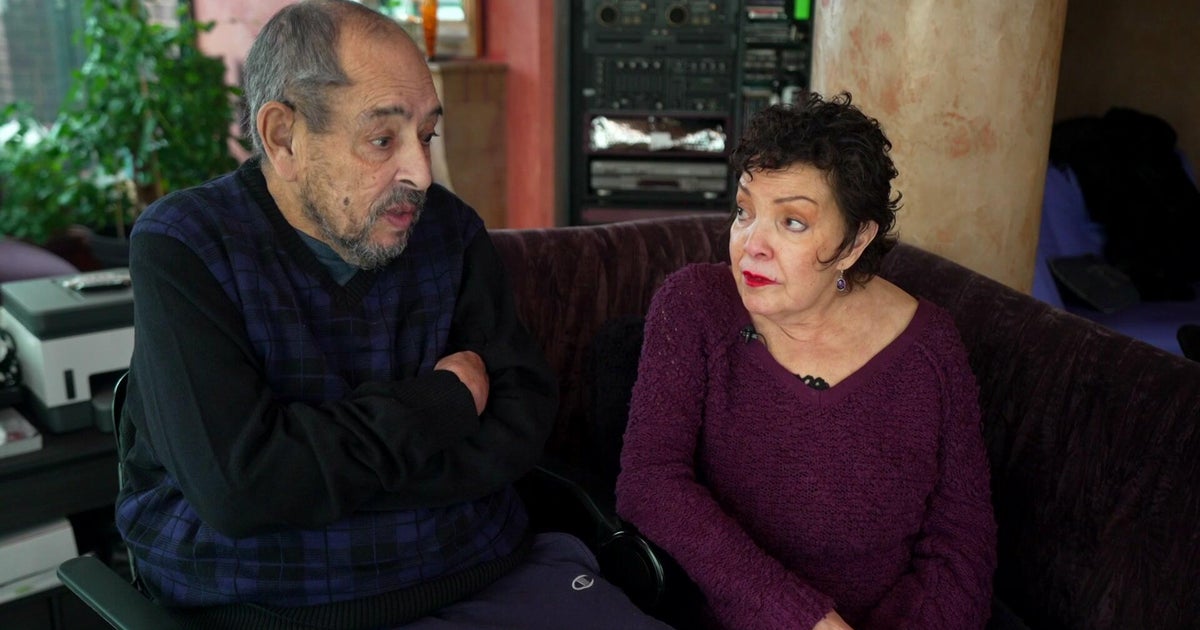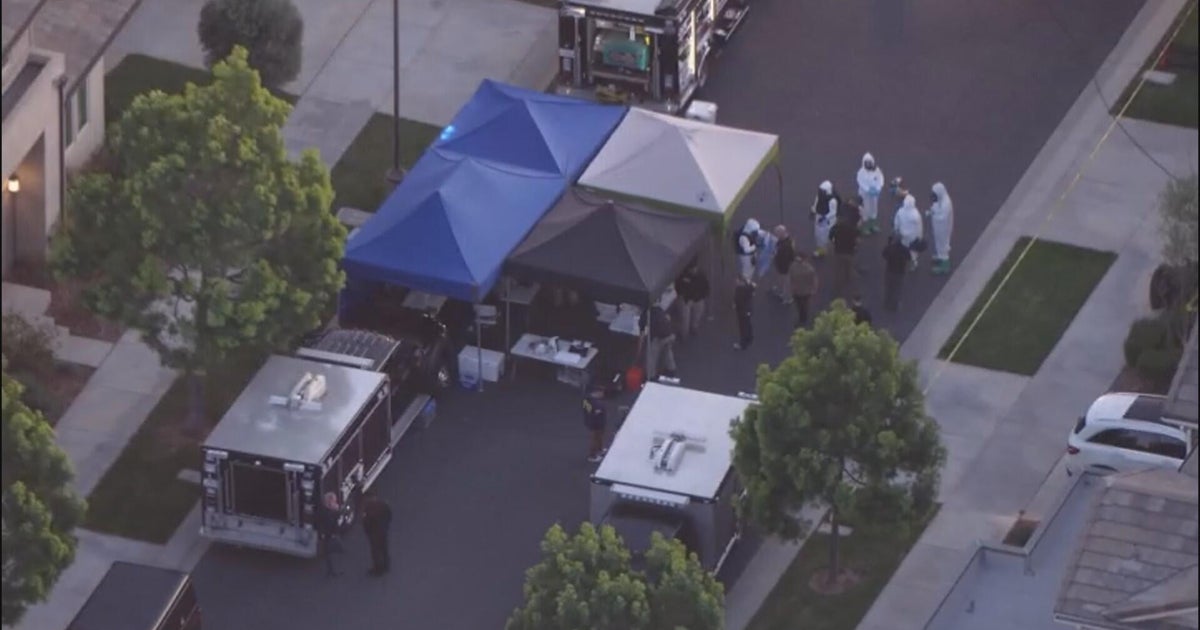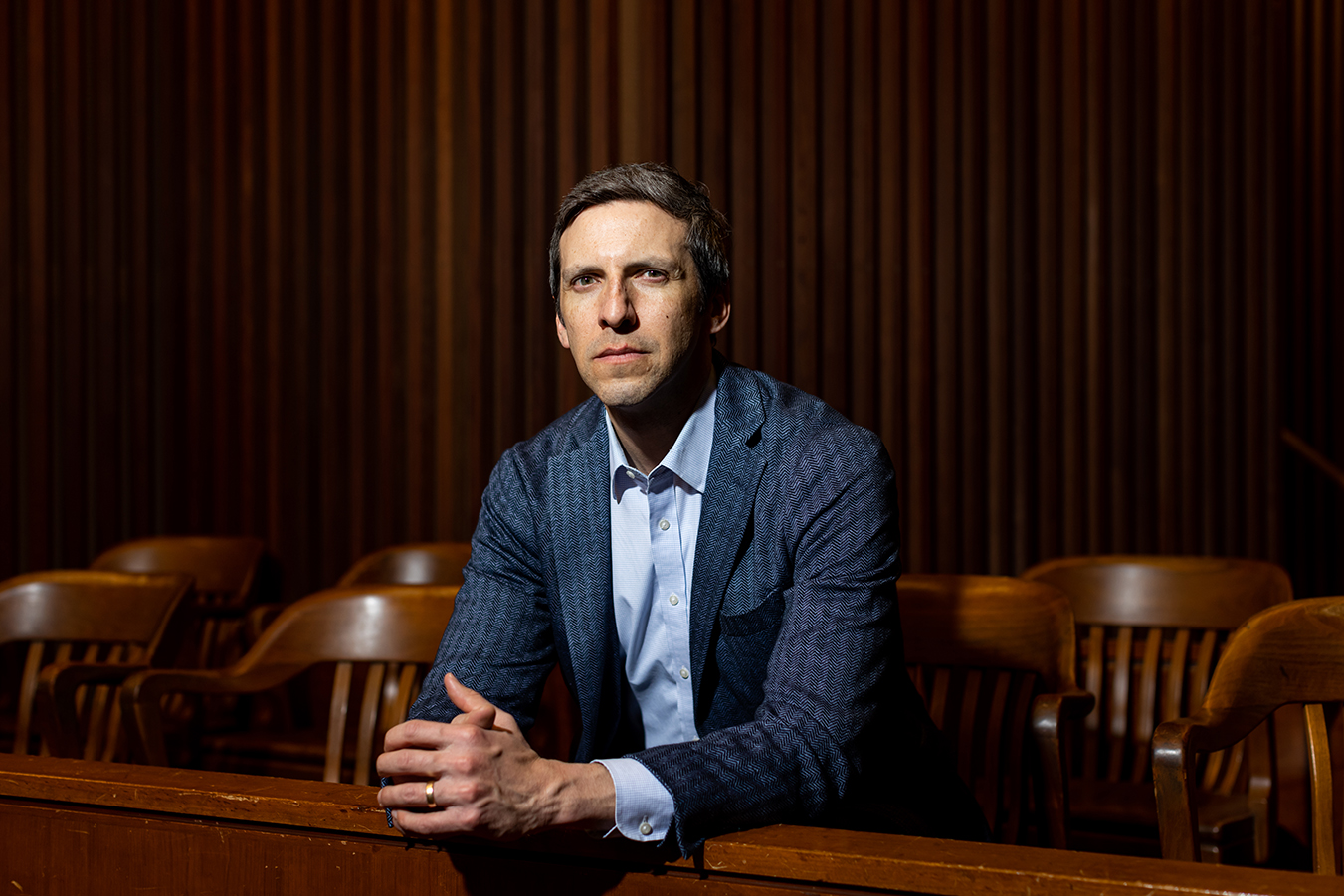Book excerpt: "Compromised" by Peter Strzok
In 2016 Special Agent Peter Strzok led the FBI's investigation into the Trump campaign's connections with Russian officials, a probe which would bring forth not only criminal convictions of several Trump associates, but also blowback against Strzok himself by the president and his supporters.
In his new book, "Compromised: Counterintelligence and the Threat of Donald J. Trump" (Houghton Mifflin Harcourt), Strzok writes about investigating Russia's interference in America's elections, and defending our country against threats both foreign and domestic.
Read an excerpt from "Compromised" below, and don't miss CBS News national security correspondent David Martin's interview with Strzok on "CBS Sunday Morning" September 6!
Introduction
Early In 2017, shortly after the inauguration of the 45th president of the United States, the top leadership of the FBI's Counterintelligence Division filed into a small room on the fourth floor of the J. Edgar Hoover Building. A weak midwinter light shone through the wide plate-glass windows over-looking Pennsylvania Avenue. The room, tucked away off a corner of the Bureau's counterintelligence front office, was reserved for high-level briefings and especially sensitive debates. Meetings like the one that was about to start.
I took a seat opposite the door, facing a long whiteboard, about eight feet wide and four feet high, which occupied one side of the room. Across the broad surface, names were carefully written in erasable marker. At the top, I read the initials "DJT" written in small blue letters. Below that were names familiar to all of us in the room, some of which soon would become known to the American public. Paul Manafort. George Papadopoulos. Mike Flynn. Carter Page.
All the names on the whiteboard belonged to people inside the Trump administration or connected to it. All had something in common: we had received credible counterintelligence allegations against each individual. We had already opened investigations into some of them. There were other names on the board as well, belonging to people for whom we didn't have open cases, although by regulation we had more than enough evidence to do so. Opening those cases was the subject of ongoing debate — a back- and-forth that sometimes grew heated.
It was a very difficult time, and we still had many more questions than answers. On that day we grappled with an especially troubling question, one that none of us could have anticipated in our wildest imaginations: whether to open a counterintelligence case against the president himself.
Over the course of the previous year's presidential campaign, and in the aftermath of the 2016 election, concerns within the FBI's Counterintelligence Division about Trump and his advisers had grown steadily into outright alarm. In late December 2016, the director of national intelligence published a report confirming intelligence we had been receiving throughout the presidential campaign: that Vladimir Putin and the Russian government were interfering with our electoral system to undermine faith in the election, hurt Hillary Clinton's prospects, and help Trump get elected.
Those of us gathered in the room at FBI headquarters that day also knew that the Russians had pulled some of their punches; we had credible intelligence that Russia possessed the means to have done even more damage to our electoral system in 2016 but had held back. The knowledge that they had something in reserve to potentially use against us in the run-up to our next presidential election only made the atmosphere in the small conference room that much tenser.
The stress and uncertainty of the past several months weighed heavily on all of us. I was proud of how our team had responded to the pressure. We maintained our professionalism and confidentiality, keeping a quiet discipline as we went about the unprecedented task at hand. Still, a grim stoicism hung over our work. There was little levity; this was nothing to joke about. We never discussed how it affected us personally, but we shared an unspoken sense of taut apprehension over the enormity of the events before us. There was a silent acknowledgment: I know, I feel it too. Let's keep driving forward.
For many months before this moment, I had also been immersed in another politically delicate case. Since August 2015, I had supervised the FBI investigation into whether Hillary Clinton had mishandled classified email during her tenure as secretary of state. Toward the end of that investigation — which culminated in a weekend interview with Secretary Clinton just before July 4, 2016 — I sat with the core group of our team to review our findings. One by one, I asked each member if he or she thought there were any remaining investigative threads that might change our fundamental understanding of the case. And then I asked them, one by one, whether they were comfortable with the decision not to recommend criminal charges. The answer was unanimous and unequivocal: we had done a complete and exhaustive investigation, and the facts did not support bringing charges over the email.
But Trump was a totally different matter.
By the time Trump was sworn in, the FBI had been investigating Russian election interference for almost six months — and what the Bureau knew about the cases was far different from what the public did. The public knew that the FBI had investigated Clinton, but even within the Bureau very few people were aware of our investigations into Russian interference. And if the American people had known what we did at the time of the election, they would have been appalled.
For starters, we knew that one of Trump's foreign policy advisers, Papadopoulos, had boasted about his knowledge that Russia had information damaging to Hillary Clinton and Moscow had offered to assist the Trump campaign by releasing the material. A week after the inauguration, the Bureau interviewed Papadopoulos, and he lied to us. Despite telling us during a second interview a few weeks later that he'd cooperate, he left the interview and deactivated a Facebook account that he had used to communicate directly with Russians.
Excerpted from "Compromised: Counterintelligence and the Threat of Donald J. Trump" by Peter Strzok. Copyright © 2020 by Peter Strzok. Reprinted by permission of Houghton Mifflin Harcourt Publishing Company. All rights reserved.
For more info:
- "Compromised: Counterintelligence and the Threat of Donald J. Trump" by Peter Strzok (Houghton Mifflin Harcourt), in Hardcover, eBook and Audio formats, available September 8 via Amazon
